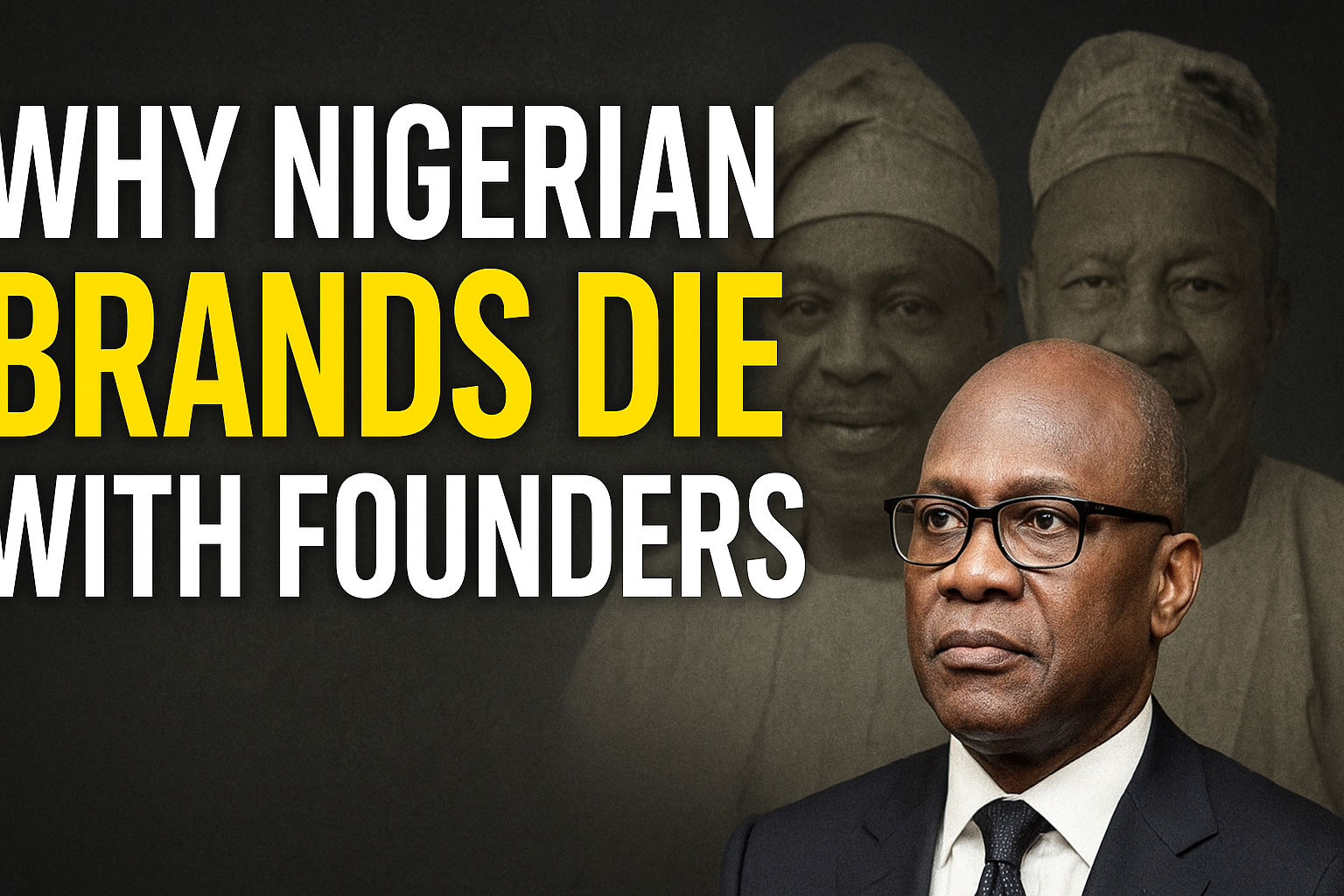|
Getting your Trinity Audio player ready...
|
As investors, we often feel an urge to do something. The market is moving, news is breaking, and surely, we should be reacting, right? This impulse to act, even when inactivity might be the better choice, is known as action bias. This perfectly human tendency is rooted in our desire to feel in control and productive. But in the world of investing, impatience can often be a costly mistake and is another way your brain is wired to make you a bad investor!
Imagine you’ve bought a promising stock. A few days later, it dips slightly. Your immediate thought might be to sell, cut your losses, or maybe buy more to average down. Or perhaps you’re constantly checking your portfolio, tempted to tinker with your holdings based on every small fluctuation or no movement at all. This is action bias at play – the feeling that you must respond to every market signal.
This innate drive to act often stems from our evolutionary past, where swift action was frequently essential for survival. In a world of immediate threats, doing something, anything, often felt safer than doing nothing. However, this ancient wiring is ill-suited for the measured, long-term game of investing. The constant availability of market data and news headlines amplifies this bias, creating a pervasive fear of missing out (FOMO) or a sense that we should be capitalizing on every shift. Recognising this deep-seated psychological urge is the first step towards consciously overriding it and adopting a more disciplined, patient approach.
Morgan Housel teaches us in “Same As Ever” that:
“Sitting still feels reckless in a fast-moving world, even in situations where it offers the best odds of long-term compounding. It’s like being told that you should play dead if a grizzly charges you – running for your life just feels more practical. The bias towards action is one of the strongest forces in business investing.”
Inaction Man
One of the greatest investors of all time, Warren Buffett, offers a powerful antidote to action bias: the concept of the “fat pitch.” Buffett, a keen baseball fan, likens investing to batting. He says,
“The trick in investing is just to sit there and wait for the fat pitch. If people are yelling, ‘Swing, you bum!’ — ignore them.”
What does this mean for us? It means exercising patience. It means doing your research, identifying truly great companies, and then waiting for the opportune moment to invest. And once you’ve invested, it means allowing your investment to compound over time, resisting the urge to constantly adjust your swing or chase every minor market movement. Buffett rarely buys, and even more rarely sells. He waits for the perfect opportunity, then he acts decisively, and then he often does nothing for a very long time, this is most obvious in the case of Berkshire’s wholly-owned subsidiaries. This patient discipline was profoundly influenced by his long-time partner, Charlie Munger, who often distilled this wisdom into poignant observations like:
“The big money is not in the buying and selling, but in the waiting.” & “Waiting helps you as an investor, and a lot of people just can’t stand to wait. If you didn’t get the deferred-gratification gene, you’ve got to work very hard to overcome that.”
Set & Forget
Christopher Mayer, in his excellent book 100-Baggers, champions a similar philosophy through the “coffee can portfolio.” The idea, originally conceived by financial advisor Robert Kirby, is incredibly simple: once you’ve invested in a quality company, you figuratively put the stock certificate into a “coffee can” and don’t look at it for 10 years.
This isn’t about blindly ignoring your investments, but rather about deliberately removing the temptation to fiddle with them based on short-term noise. Mayer highlights how many of the biggest investment winners were held for incredibly long periods, allowing the power of compounding to work its magic undisturbed by frequent buying and selling. It forces you to be disciplined and to trust in the long-term prospects of the businesses you’ve chosen.
The Wisdom of Doing Nothing
For new, novice or even experienced investors, the key takeaway is often to do less. Resist the urge to constantly trade, to react to every headline, or to obsessively check your portfolio. Do your homework upfront, invest in quality assets, and then let time and compounding do the heavy lifting.
Remember the phrase: “If in doubt, do nowt.”. Don’t do anything unless you’re certain it’s the right move.
If you don’t believe that, maybe you’ll listen to Winnie the Pooh:
“Don’t underestimate the value of doing nothing, of just going along, listening to all the things you can’t hear, and not bothering. Doing nothing often leads to the very best of something.”
See you all next Time.
Feedback
I must admit – I got a lot of enjoyment writing this one. It has some of my favourite sayings and investors in it, but copying James Montier somewhat, Winnie the Pooh felt like the best way to end it.
Please let me have any feedback below or just let me know if you’re still enjoying them. I still have lots more biases and tendencies to show and talk to you about and will do so next Saturday!




